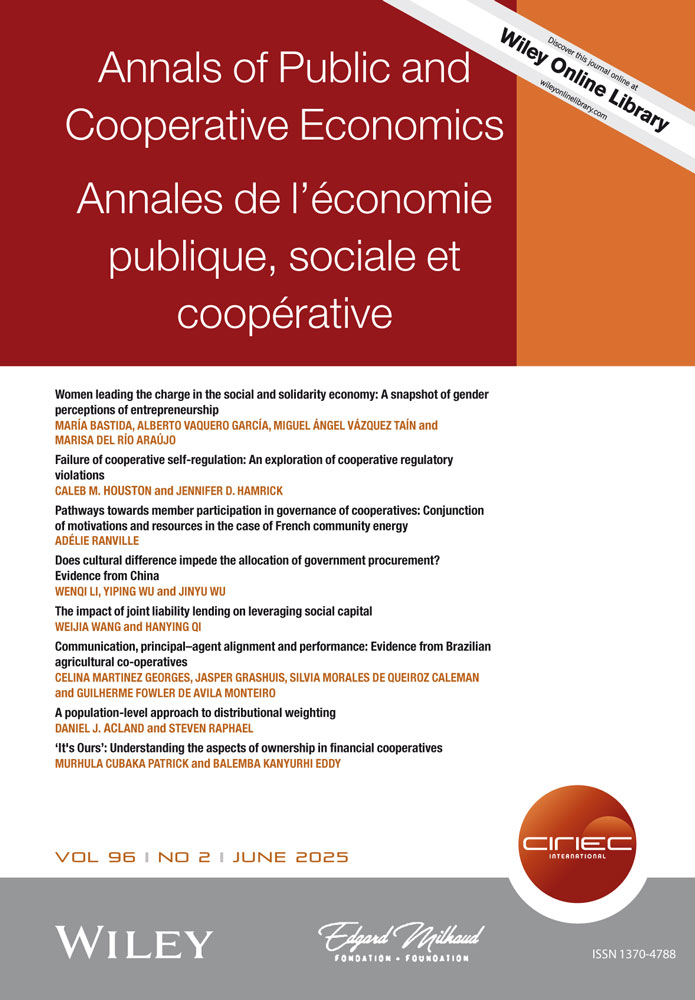Embedding Regulatory Autonomy In Caribbean Telecommunications
Abstract
This article considers the reform of telecommunications regulation in three Caribbean countries, Jamaica, Trinidad and Tobago, and Barbados, as they responded to changes in the international regulatory environment and specific domestic challenges. The three countries also adopted strategies to adjust their internal structures and to utilize international development aid. The article focuses on their efforts to establish embedded regulatory autonomy, considered along three dimensions: organizational capability, institutional design, and embeddedness within the regulatory space. Each country has taken a different approach to regulatory reform, which is reflected in the respective outcomes. While Jamaica has made tentative progress towards regulatory autonomy, in the other countries progress has been limited. In Trinidad and Tobago, political gridlock has forestalled attempts at regulatory reform, while in Barbados the regulatory reform process has been dominated by the incumbent. The conclusion considers the challenges of establishing regulatory autonomy, particularly the process of embedding regulatory relationships.




